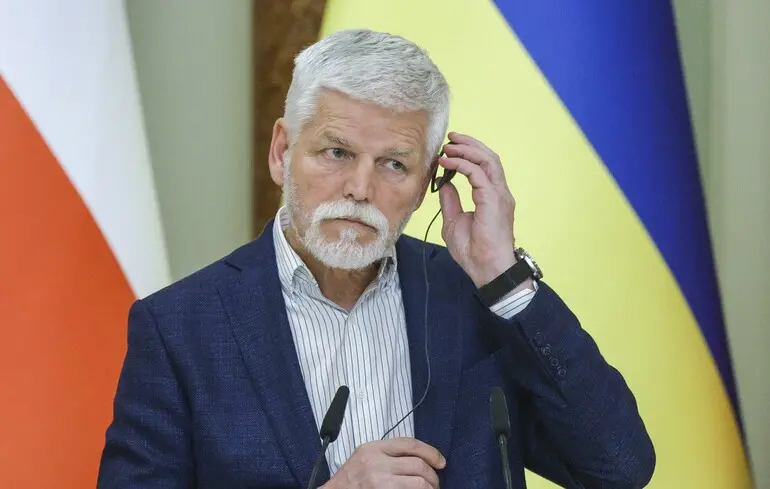Czech President Begins Political Consultations Following Parliamentary Elections

In the aftermath of the recent parliamentary elections held on October 3–4, Czech President Petr Pavel has entered a critical phase of political negotiations and consensus-building.
He initiated a series of consultations with parliamentary party leaders at Prague Castle to determine the prospects for forming a new government coalition.
Despite the victory of the ANO movement led by Andrej Babiš, which secured a significant portion of votes, the president has not yet authorized its leader to form the government, deeming it premature until a clearer parliamentary support structure emerges.
Pavel emphasized that the actual formation of the cabinet will only be possible once political forces aligned with government formation start to coalesce around specific cabinet structures and policies.
The election results reflected a changed political landscape: six political parties entered the Chamber of Deputies, shaping the balance of power and potential coalition options.
The president stressed the importance of maintaining the pro-Western course for the country’s stability and reiterated commitment to EU and NATO membership, which he considers vital for safety and prosperity.
Current negotiations involve discussions with various party representatives, including the incumbent prime minister, aimed at finding common ground for forming a stable majority and outlining strategic priorities.
An inaugural parliamentary session is expected to begin in early November, allowing parties ample time to negotiate and settle on their future leadership and policies.
Pavel underlined that his key priorities include supporting the pro-European stance, safeguarding democratic institutions, and ensuring the country’s security.
The political landscape remains fluid, with the main challenge being to gather support from at least two or three parties to establish a resilient majority, which could determine the future stability of the government.
Meanwhile, Babiš’s party, which garnered the most votes, has announced plans to form a government in cooperation with smaller parties, including the far-right SPD, highlighting the complex and multi-layered process of government formation in the Czech Republic.

